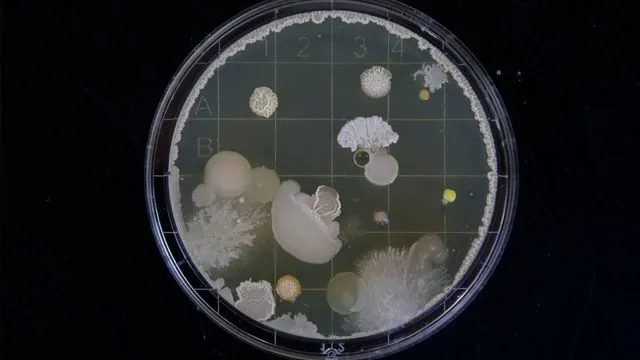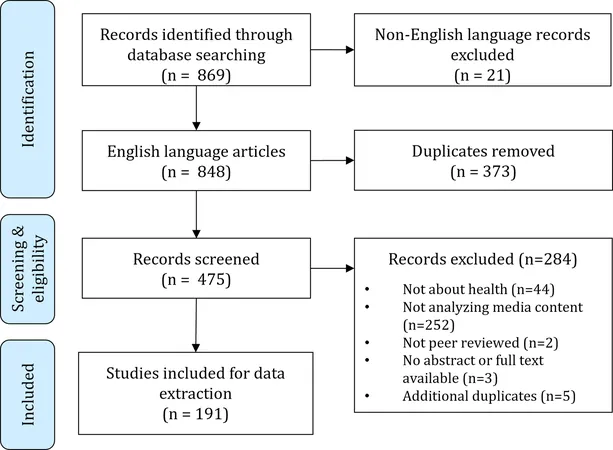
Revolutionary Breakthrough in Blocking Deadly Bacteria from Infecting Host Cells!
2025-05-30
Author: Jia
As fears grow over the diminishing effectiveness of antibiotics, a groundbreaking discovery is emerging that could change the way we combat bacterial infections in humans and animals alike.
Unlocking the Bacterial Connection to Host Cells
Dr. Peter Davies, a leading biochemist from Queen's University, alongside his dedicated team, is delving into the critical mechanisms that bacteria utilize to latch onto host cells. Their research focuses on special proteins known as adhesins, which play a vital role in the initial stages of infection.
Transformative Techniques in Research
Utilizing advanced imaging techniques at the Canadian Light Source at the University of Saskatchewan, the researchers visualized the structure of these adhesins. By understanding how they bind to sugar molecules on cell surfaces, they aim to disrupt that interaction and prevent infections before they start.
The Game-Changing Role of Artificial Intelligence
Leveraging artificial intelligence, the team developed a three-dimensional model of these proteins, pinpointing critical regions responsible for their sticky behavior. Their findings revealed that a sugar molecule called fucose—found abundantly in human blood—is a key player in this attachment process.
Disrupting Infection Paths with Fucose
Interestingly, adding more fucose to the bacteria's environment confuses them, as they struggle to bind due to the excess sugar present. "It's like flooding the market with fucose," Dr. Davies explains, effectively blocking the bacteria’s ability to cling to healthy cells.
Looking Ahead: A New Era of Treatments?
The next phase of this innovative research will focus on creating compounds that mimic fucose but are unrecognizable by the bacteria and safe for human cells. This approach holds potential not just for treating infections but also for reducing reliance on traditional antibiotics.
Hope for the Future of Infection Control
Dr. Davies is optimistic. By blocking bacteria's initial contact with human cells, this strategy could dramatically thwart infections before they take hold. With promising prospects of patenting and commercialization, this research could lead to powerful new drugs that stand to revolutionize the fight against bacterial diseases.
This groundbreaking study opens doors for future developments in medicine, cementing the potential of science to overcome one of today’s most pressing health challenges.





 Brasil (PT)
Brasil (PT)
 Canada (EN)
Canada (EN)
 Chile (ES)
Chile (ES)
 Česko (CS)
Česko (CS)
 대한민국 (KO)
대한민국 (KO)
 España (ES)
España (ES)
 France (FR)
France (FR)
 Hong Kong (EN)
Hong Kong (EN)
 Italia (IT)
Italia (IT)
 日本 (JA)
日本 (JA)
 Magyarország (HU)
Magyarország (HU)
 Norge (NO)
Norge (NO)
 Polska (PL)
Polska (PL)
 Schweiz (DE)
Schweiz (DE)
 Singapore (EN)
Singapore (EN)
 Sverige (SV)
Sverige (SV)
 Suomi (FI)
Suomi (FI)
 Türkiye (TR)
Türkiye (TR)
 الإمارات العربية المتحدة (AR)
الإمارات العربية المتحدة (AR)